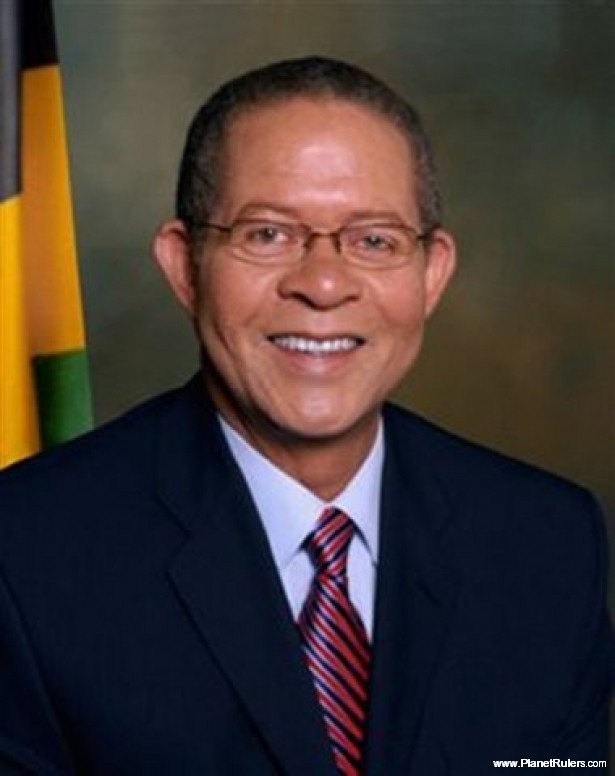
.jpg)

Throughout his career, he had a front-row seat to politics and to history, including a stint as the top uniformed aide to future-National Security Adviser Frank Carlucci and Defense Secretary Cap Weinberger. “Anybody who becomes a senior officer had better have some political instincts or you’re going to get ground up,” he told The New York Times in 2007. He never pretended the military was above political pressures. In the wake of the Vietnam disaster, he developed a doctrine for the use of American force: deploy it overwhelmingly, but only when all other options are exhausted, when there is a clearly defined win and when the public has the troops’ backs. His experiences as a first-generation son of Jamaican immigrants who fought in the fields of Vietnam and the corridors of Washington shaped him and his country. He was a fierce advocate for opportunity for immigrants and a steadfast defender of dignity, both here and abroad. The Washington Post’s homepage called Powell the “first Black secretary of state who struggled with Iraq invasion.” The New York Times’ secondary headline noted he “helped pave the way for the war in Iraq.” The Associated Press headline described him as an “exemplary general stained by Iraq claims.”īut Powell was more than that blunder that led to thousands of dead Americans and Iraqis and a stained U.S. To read the coverage today, it’s easy to see Powell as a tragic figure who used his sterling reputation to mislead the world into a war with Iraq. He completed the national security trifecta: top adviser, general and diplomat. The four-star Army General also was the first Black man to serve as National Security Adviser, Chairman of the Joint Chiefs of Staff and as State Department chief. He was, until the election of Barack Obama, the highest-ranking Black individual ever to serve in government, fourth in line to the Presidency as Secretary of State. He broke barriers, made and shaped history and reset the rules for how American military force was-or should be-deployed in the post-Vietnam era.

Which brings me to the death of Colin Powell, a legend whose legacy spanned the globe for decades. In that, Sorkin nailed a Washington reality: legacy is defined by the last high-profile line on a C.V., or, more often, one monumental error. Cregg at a late-night dinner near the White House. “You think I’m not aware that I’m living the first line of my obituary right now?” asked fictionalized White House chief of staff C.J. But-and there always is a but-Sorkin nailed one essential truth about how this town considers influence Late in its run, The West Wing landed a truism about how D.C.


 0 kommentar(er)
0 kommentar(er)
